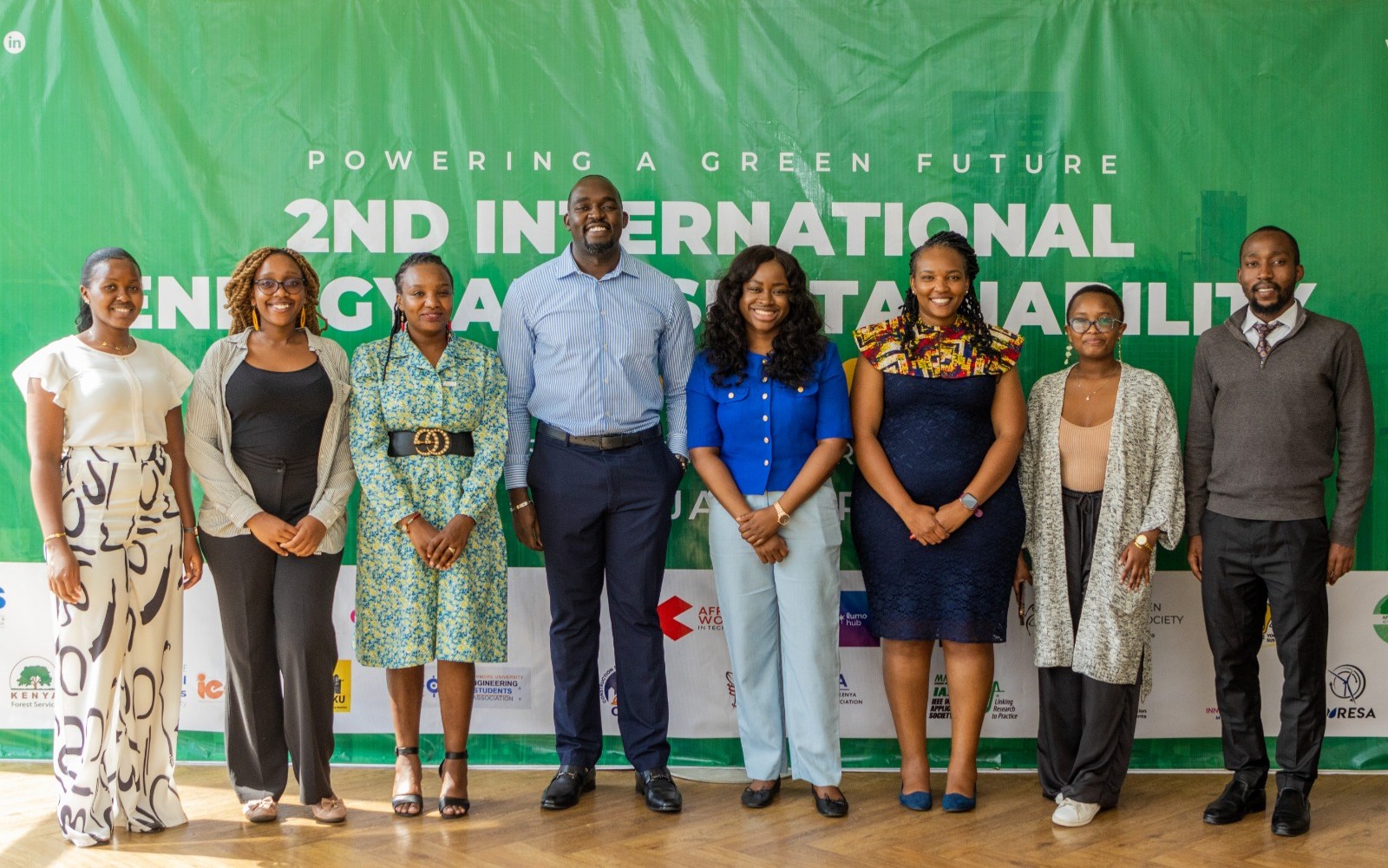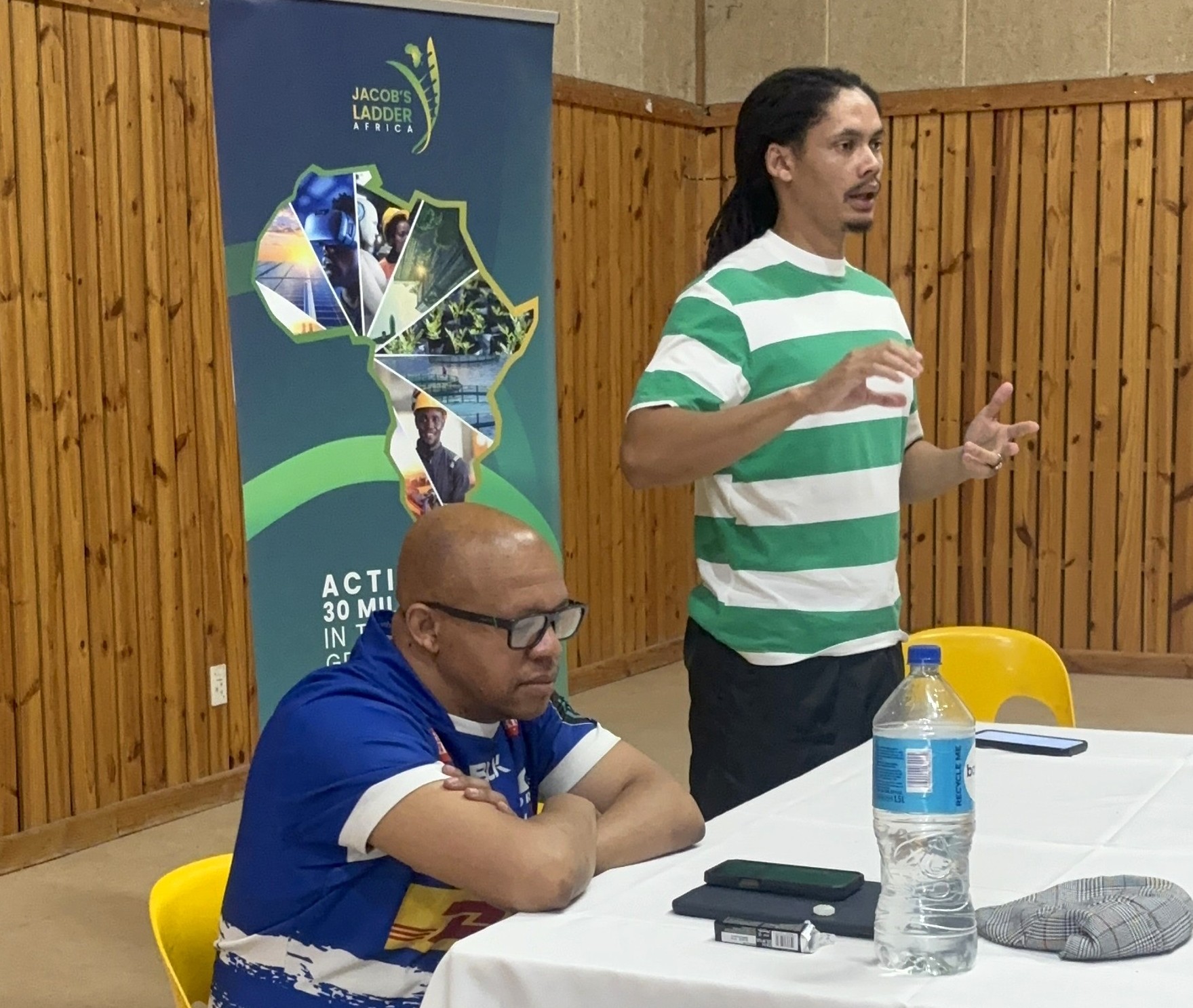As the climate crisis intensifies, one thing is increasingly clear: when nature strikes, it doesn’t discriminate, but our ability to respond and recover does.
Picture this: you’re in a building surrounded by strangers. Maybe it’s your first day at work. Maybe you’re a visitor, a CEO, a young intern, or a parent with your child for “Bring Your Kid to Work” day. Suddenly, the atmosphere shifts. There’s tension. Confusion. Fear. You’ve just learned a natural disaster is approaching — the kind you’ve only ever seen on TV. But now, “elsewhere” is here.
In that moment, job titles, income brackets, or plans for the day no longer matter. Nature doesn’t care about your role. It doesn’t knock politely — it breaks down doors.
We’ve seen it time and time again:
- In Europe, deadly floods swept across Germany and Belgium in 2021, erasing entire communities — from affluent suburbs to humble towns.
- In California, wildfires level homes indiscriminately, destroying mansions and mobile homes with equal ferocity.
- In Africa, droughts and cyclones displace millions. Cyclone Idai devastated Mozambique in 2019, killing over 1,000 and wiping out whole villages. In July 2024, more than 300 people died in landslides in southwest Ethiopia following record rainfall.
These aren’t isolated events — they are warning signs from an increasingly unstable planet. Yet amid this uncertainty, there is hope — and power — in preparation.
We can tackle the climate crisis through bold policy, green innovation, and individual responsibility. It’s not just about hitting net zero by 2050. It’s also about taking real, immediate steps — adjusting our carbon footprint, supporting green businesses, pushing for sustainable policies in our workplaces, and teaching the next generation to care.
If you’re in a position of power, use it. If you’re learning, ask questions. If you’re building a future — build it with climate in mind.
Because no one can escape climate change completely. But together, we can build resilience — not just for ourselves, but for the strangers standing beside us when disaster strikes.
When nature is aggravated, unity is our best survival instinct.






